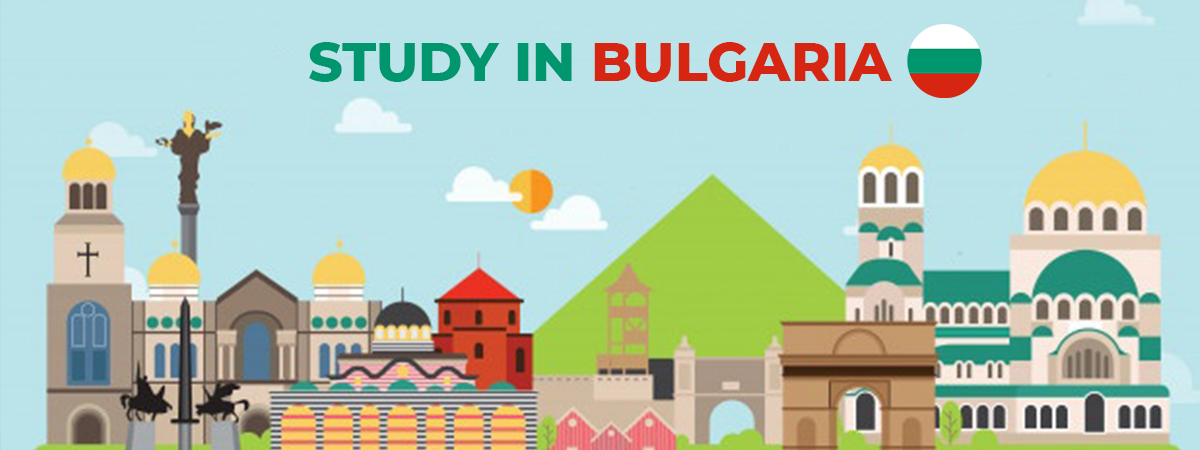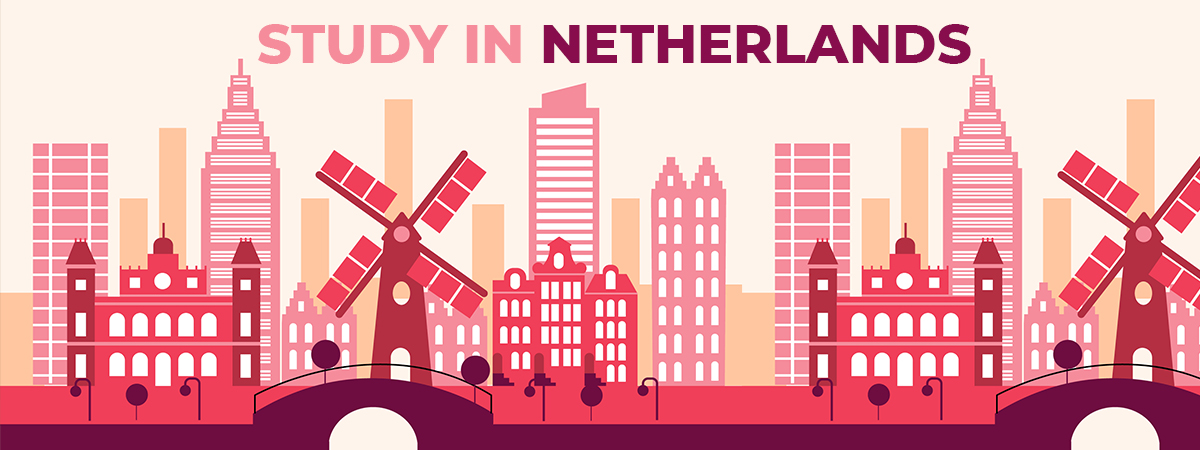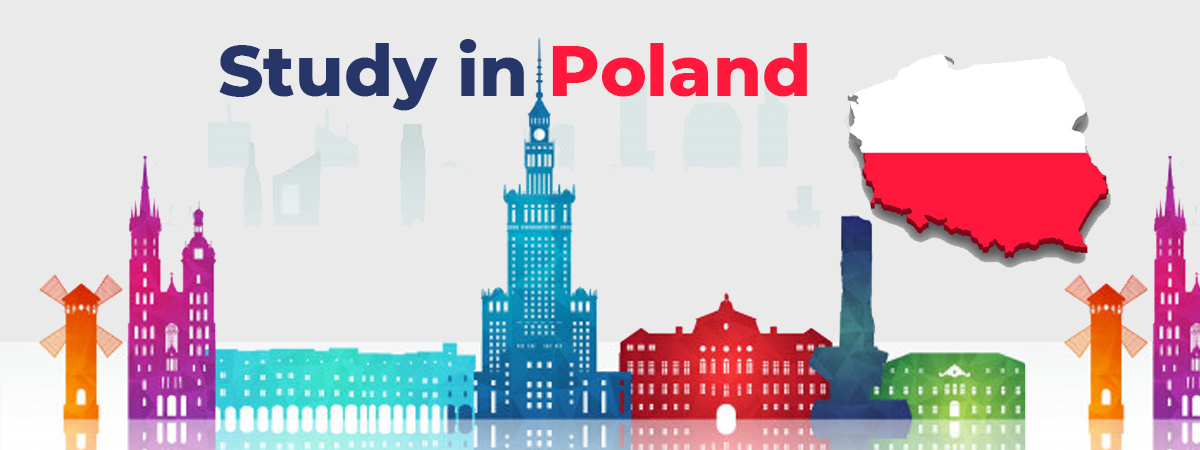When the students think of studying abroad, European nations come first in mind. More and so, Bulgaria comes to mind when they think of Europe. This small yet beautiful nation is the home of the real and original yogurt, rose oil and Cyrillic alphabet. Undoubtedly it has become a famous study abroad destination.
Facts about Bulgaria
Located at the prime location, Bulgaria shares its borders with Romania, Greece, Turkey, Serbia, Black Sea, and North Macedonia. With such beautiful nations side by side, there’s no doubt that the students wish to study in Bulgaria.
Apart from these, the nation caters to some of the most beautiful scenic places inside. Two of the all time gorgeous cities, Sofia and Varna, have been the attraction point for the international students since the very beginning. Vibrant scenes, lively cafes and nightclubs give life to these cities.
● Although the country is a part of the European Union, the currency of Bulgaria is Bulgarian Lev (BGN).
● A total of 11,000+ students are of international origin.
● Official language is Bulgarian
● This country has a literary Percent of 92%
● Major Intakes- February and September
Education System of Bulgaria
The Education system of Bulgaria is divided into public and private universities. There are more than 37 Public universities and over 14 private universities. However the education is split into three tiers.
● First tier- the bachelor’s degrees come under this category and usually take three to four years to complete.
● Second tier- this is the post graduation level and the degrees take around two years for their completion.
● Third tier- this is the doctorate level. The PhDs take three to five years in general, as some students engage in teaching practices while studying, thus elongating the time durations.
A plus point for studying in Bulgaria is that it is part of Erasmus, and therefore, the qualifications and education degree here is eligible all across Europe and the students can go for internships and training outside Bulgaria, in nations that are part of the Erasmus program.
Although the official language is Bulgarian, the mode of instruction in the universities and colleges is, both, Bulgarian and English language. Apart from this, some of the courses are taught in German and French. Thus making the dreams of students to gain their higher education in Bulgaria easy.




